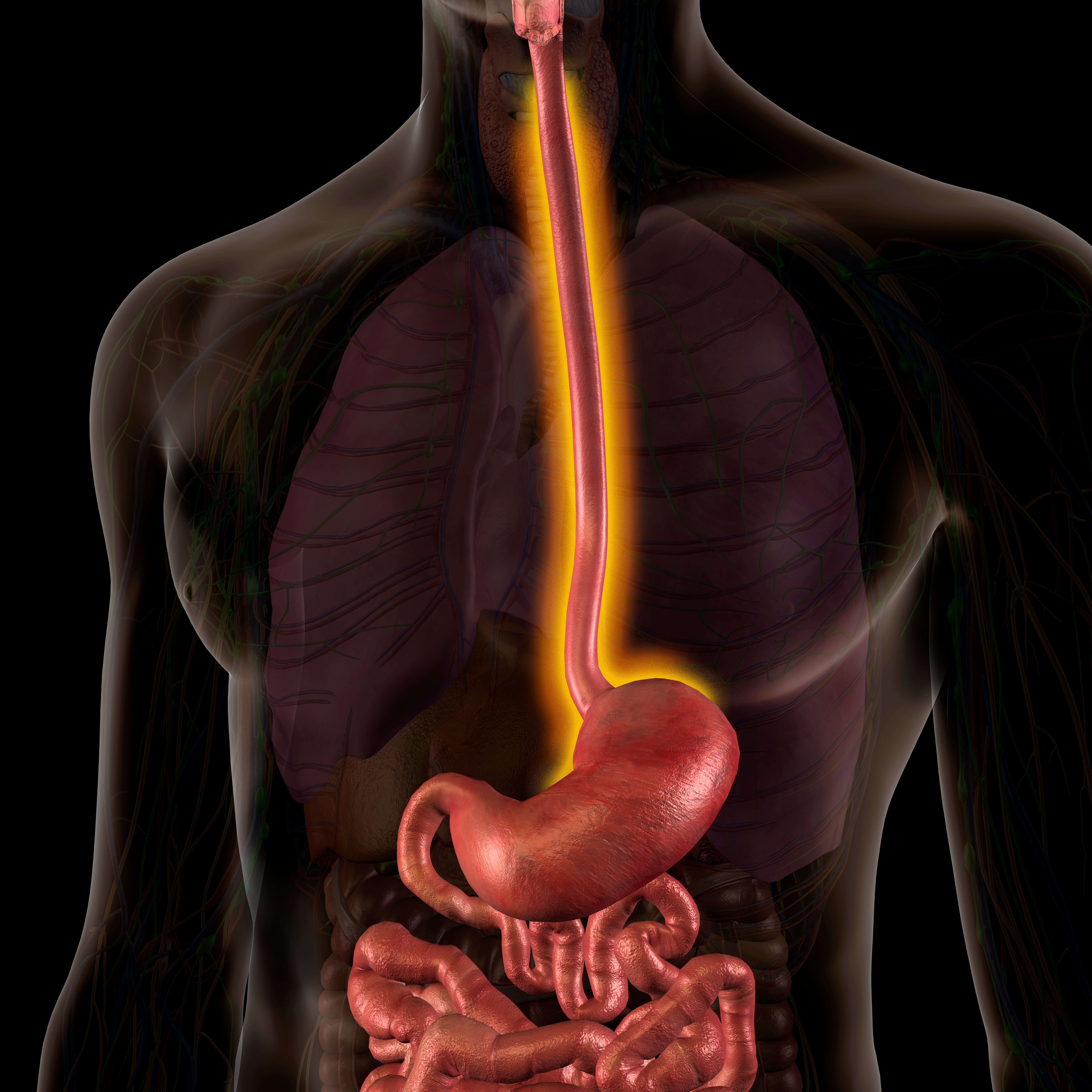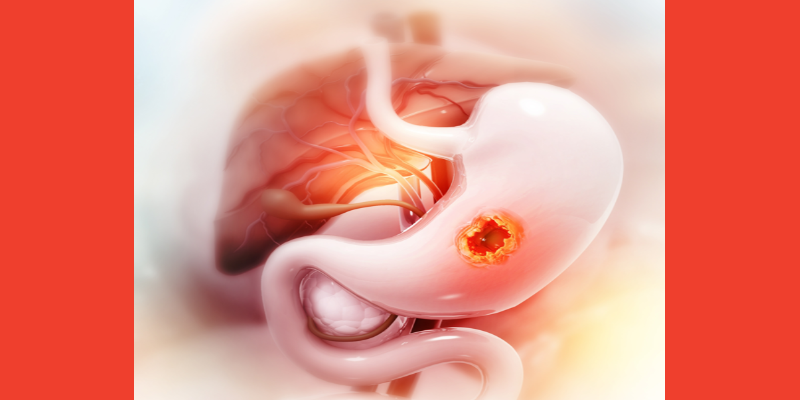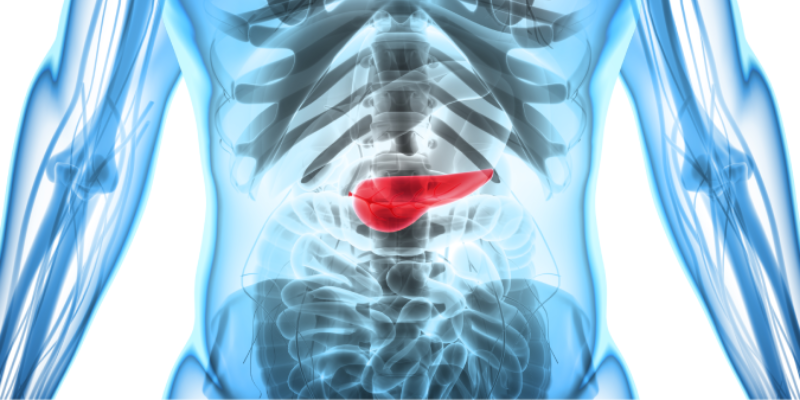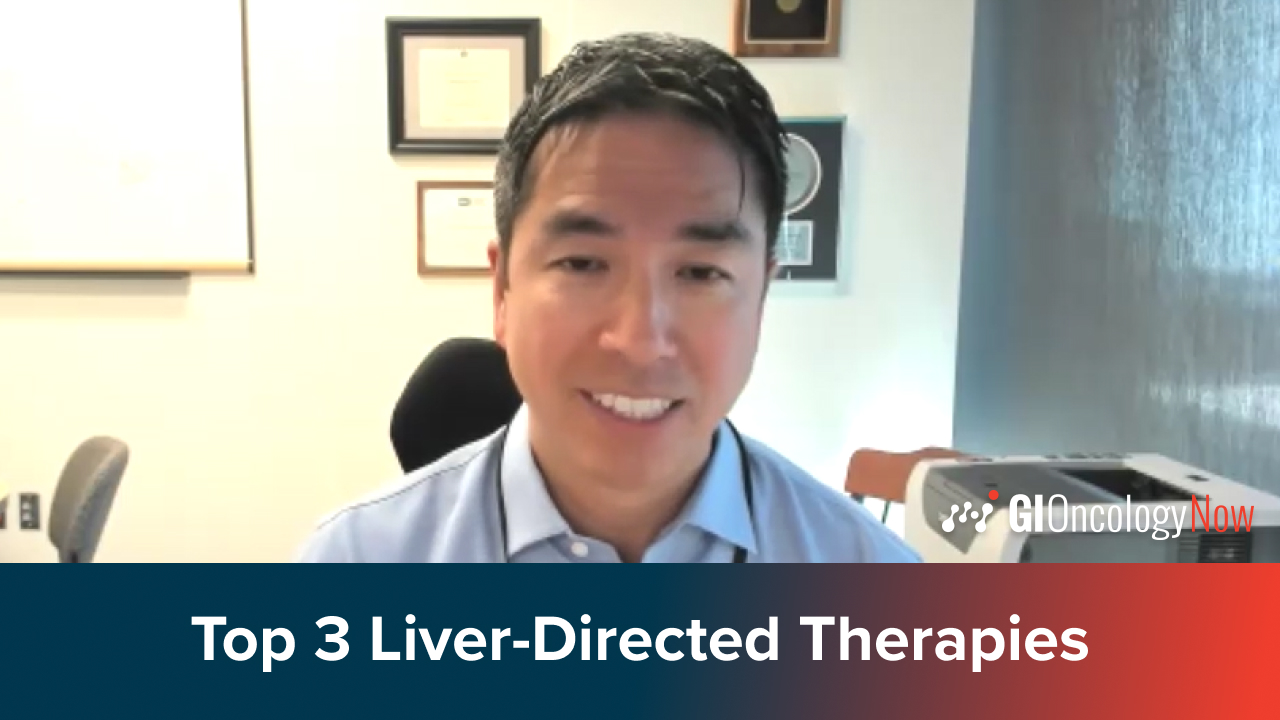
Researchers performed a randomized clinical trial to examine the efficacy of bevacizumab and gemcitabine plus cisplatin in patients with esophageal cancer, with a focus on adverse reactions. In the report, published in BioMed Research International, the study’s authors stated that “the clinical efficiency of bevacizumab and gemcitabine combined with cisplatin in the treatment of esophageal cancer is remarkable.”
The primary investigator, Jiangfeng Wang, and colleagues recruited a total of 100 patients with esophageal cancer who were admitted at their center between 2019 and 2021. Fifty participants received the triplet therapy intervention with bevacizumab, gemcitabine, and cisplatin, and fifty control patients received doublet therapy with gemcitabine and cisplatin. The primary comparisons were treatment efficacy and frequency of adverse events.
Bevacizumab and Gemcitabine Efficacy
The intervention group had a total treatment efficiency of 86%, “which was significantly higher than that of 66% in the control group (p <0.05),” according to the report. Additionally, the levels of vascular endothelial growth factor (VEGF), Cyfra21-1, and C-met were lower for both groups, but significantly lower for the intervention group (p <0.05). Regarding adverse events, the researchers observed that “the incidence of all CTCAE, ototoxicity, and nephrotoxicity was comparable between the two groups (p >0.05).” The triplet intervention also had significantly higher one- and two-year survival than the control therapy at 88% and 54% versus 68% and 32%, respectively (p <0.05).
Overall, Wang and the collaborating researchers judged that bevacizumab and gemcitabine combined with cisplatin improves survival in patients with esophageal cancer, “and is worthy of clinical promotion and application.”
See More Selected Literature on Hematology and Oncology







 © 2025 Mashup Media, LLC, a Formedics Property. All Rights Reserved.
© 2025 Mashup Media, LLC, a Formedics Property. All Rights Reserved.